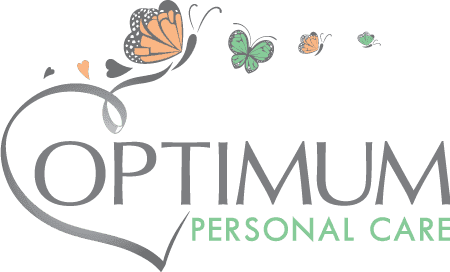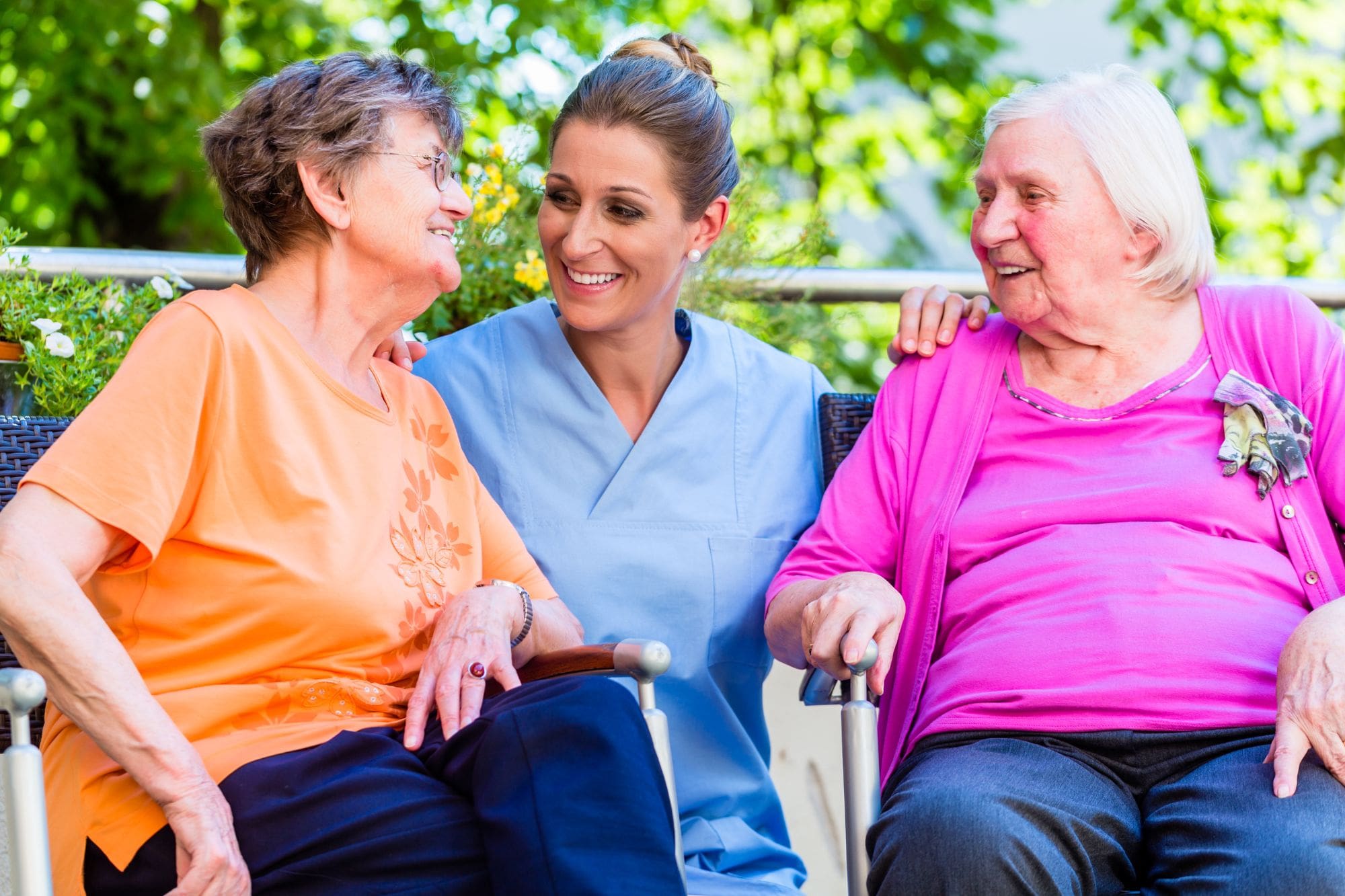Adults with a disability deal with difficulties daily that others sometimes fail to realize or even consider. Despite these difficulties, they work to maintain their independence and seek the same opportunities and lifestyle options as people who are not disabled.
Due to these infirmities, they may be forced to pick assisted living as their home option. When the time comes to start looking at assisted living choices, it’s easy to become confused by the vast array of housing choices. The best option will depend on various elements, such as financial constraints, support plans, and personal preferences.
This guide will discover the various types of facilities for adults, how to pick the best place for you, and state-specific resources to help you in your quest.
Options Available for Disabled Adults
Young adults with disabilities may not always be able to live alone at home. If your illness or health problem changes, you might go from being able to live independently to needing some help with everyday tasks. There are many housing arrangements to pick from when choosing assisted living options, regardless of your age.
The Role of Assisted Living Community
A residential community known as assisted living is for persons who require assistance with daily tasks like bathing and clothing. These groups can provide a supportive environment while maintaining independence because participants typically live in their own personal or semi-private units. Residents often have the option to customize the support services to meet their needs, allowing them to complete more or fewer of their daily duties depending on their capacities at the time.
Who It’s For
Seniors and people with physical handicaps who require assistance with activities like
- Showering
- Clothing
- Feeding
- Taking meds
- Using the bathroom might consider their facilities
What’s available
Food, transport, and social events are provided in facilities, similar to independent living homes. Nevertheless, assisted living Missouri City offer help services for daily tasks, including cleaning, safety training, and personal hygiene. Assisted living facilities frequently offer extra medical care because as people age, their needs grow. Some have agreements with regional healthcare organizations that can step in to provide medical treatment if the need arises.
Independent Living
Independent living offers a residence or flat in an area built for residents and those with disabilities. Private residences or apartments that have access to communal spaces are where residents live. It provides comfort and a limited way of life but not as much aid as supported living.
Who it’s for
People who opt for living independently typically can live on their own but want the ease of having services accessible to reduce the amount of everyday work they have to do. Seniors and adults with disabilities who do not require assistance with everyday tasks and prefer to live in a neighborhood with social and entertainment possibilities should consider independent living.
What’s available
Residents in independent living communities can easily access services like washing, housework, on-site meals, transport, and security to reduce the burden of everyday tasks. There are usually events, activities, and amusement available in the neighborhood. There may be on-site gyms, spas, and swimming pools among the amenities. Although independent living communities normally do not have full-time staff members dedicated to medical care, some occasionally provide access to primary treatment.
Care at Home
Home care is personalized, and medical assistance is provided to those unable to undertake everyday duties due to a disability or other reasons at home. With home care, people can continue to live their lives as they age in a comfortable, private setting. Although this kind of assisted living allows for freedom and the management of routines and procedures, it may be prohibitively expensive and may not provide round-the-clock care.
Who it’s for
Seniors or persons with disabilities who have recently been hospitalized and are recovering at home may find home care to be a helpful option. These people can go back to independence with the aid of the service. Home care can also be a useful option for people who wish to stay at home but have seen reduced function and cannot manage daily duties alone.
What’s Offered
Personal and medical assistance include in-home care services. The personal services supplied often include housework, personal hygiene, and other help, like:
- Bathing
- Putting on clothes
- Meeting escorting
- Preparation and delivery of meals
- Housekeeping \Laundry
- Preventing falls (including assistance in moving)
Those who require medical attention frequently have access to resources like:
- Wound care
- Administering or injecting prescription drugs
- Taking care of unwell people and ongoing problems
- Keeping an eye on vital signs like respiration, heart rate, temperature, and blood pressure
- Assistance with timely and appropriate medication administration
Typical Assistive Technologies to Encourage Independence
Specific instruments known as assistive gadgets are created to increase a person’s mobility. Popular assistive devices include canes and walkers, which support and keep a person moving when standing and moving around. These tools improve the quality of life and independence of senior citizens. This enables senior citizens to comfortably live alone, even if that means leaving their houses.
Assistive Device Examples
- Adaptive clothing to make dressing older individuals easier
- Programs that enable touch-free operation on smartphones and tablets
- Computers provide aid by providing queries and recommendations for taking medications (i.e. date, time, weather, etc.)
- Door knock alerts for hard of hearing or deaf people
- Huge screen clocks and interfaces with large fonts for people with vision impairment
- Keywords with modifications, like LUCY
- Robotic appliances and cleaning products that routinely clean the resident’s house
- Products that recognize the voice
Select the Most Effective Senior Living Alternative
We hope this guide has given you a general idea of your alternatives for your loved one’s assisted living. Since many elders with disabilities live in the community, it’s crucial to understand their housing alternatives and how particular facilities might help them lead more independent and high-quality lives.
Optimum Personal Care is committed to providing your loved one with the best possible hands-on care in a setting that promotes peace, safety, and community. We are aware of the impact of love, compassion, and a clear sense of purpose on residents’ physical and mental health in a “home away from home” setting. Additionally, We offer a chance for your family to visit your loved one on the premises for as long as you wish.


